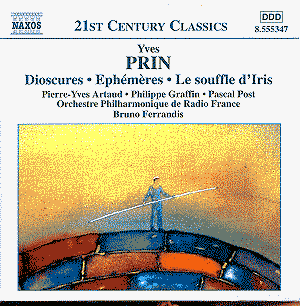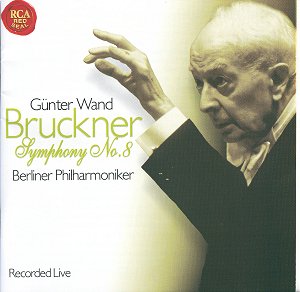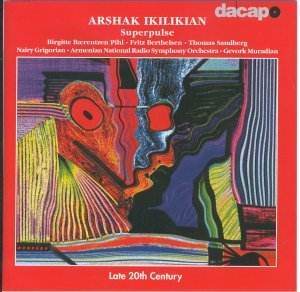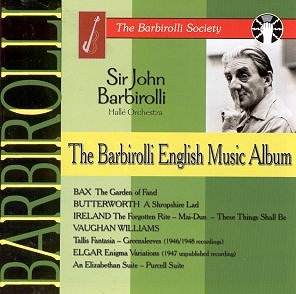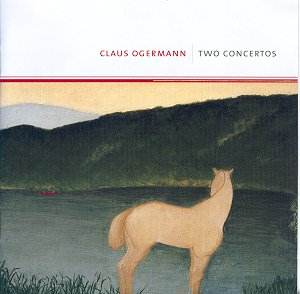 Composer: Claus Ogermann
Composer: Claus Ogermann
Works: Piano Concerto (1993), Concerto for Orchestra (1991)
Performers: Clauss Ogermann (piano), National Philharmonic Orchestra
Recording: Details not given
Label: DECCA
Claus Ogermann, a composer whose career traverses the realms of jazz and classical music, has long occupied a unique position within the contemporary music landscape. His works, while occasionally engaging, often seem to struggle under the weight of ambition that fails to translate into compelling musical discourse. The current recording, featuring the Piano Concerto and the Concerto for Orchestra, presents a challenging exploration of his oeuvre, particularly as it attempts to assert his relevance amid a climate that has often sidelined innovative American composers in favor of more predictable offerings.
The Piano Concerto, a piece composed in 1993, exhibits a serialist architecture reminiscent of Steve Reich’s minimalist explorations. It opens with a sparkling vitality, and Ogermann’s own performance is marked by clarity and sprightliness. However, this initial promise dissipates as the work unfolds. The thematic material, while mildly interesting in its irregular phrasing, ultimately lacks the necessary tension to sustain engagement. The piano’s articulation is crisp, yet it feels constrained, never fully unleashing the potential exuberance of the dialogue between soloist and orchestra. A more daring interpretative approach could have injected greater dynamism, drawing out the nuances that lie within the score.
The Concerto for Orchestra, composed in 1991, is a stark contrast to its predecessor, presenting an experience that borders on the numinous in its banality. Here, Ogermann seems to grapple with form and content, resulting in a work that meanders without a discernible trajectory. The orchestration lacks the requisite harmonic tension, rendering the piece almost painfully unremarkable. The National Philharmonic Orchestra’s performance, while technically competent, suffers from a thin string tone that undermines the lush textures that such a work demands. The balance of the recording suggests a troubling reliance on post-production adjustments to mask underlying deficiencies in the orchestral sound, further detracting from the listening experience.
Ogermann’s choice to conduct his own works raises questions about interpretative clarity and focus. His direction lacks the incisive vision that might have animated these scores. The overall execution feels less like a cohesive artistic endeavor and more like a collection of disparate elements poorly stitched together. This is particularly evident in the Concerto for Orchestra, where the absence of harmonic landmarks results in a work devoid of memorable motifs or compelling structural development. The engineering, while technically proficient, does little to compensate for the lack of vibrancy in the orchestral performance.
A comparison with other contemporary orchestral works demonstrates that Ogermann’s contributions, while deserving of attention, do not rise to the level of his more illustrious contemporaries. His music often flirts with innovation but ultimately retreats into a comfortable mediocrity. The recording fails to justify Ogermann’s self-promotion as a ‘Great Composer,’ as neither work here offers substantial musical insights or emotional resonance.
The recording ultimately presents a mixed bag, with the Piano Concerto showing glimmers of potential but ultimately faltering under the weight of its own expectations. The Concerto for Orchestra, intended to showcase the orchestral palette, instead reveals an alarming lack of depth and coherence. While Ogermann’s career is notable, this disc does little to elevate his status or contribute meaningfully to the ongoing dialogue within contemporary classical music.
